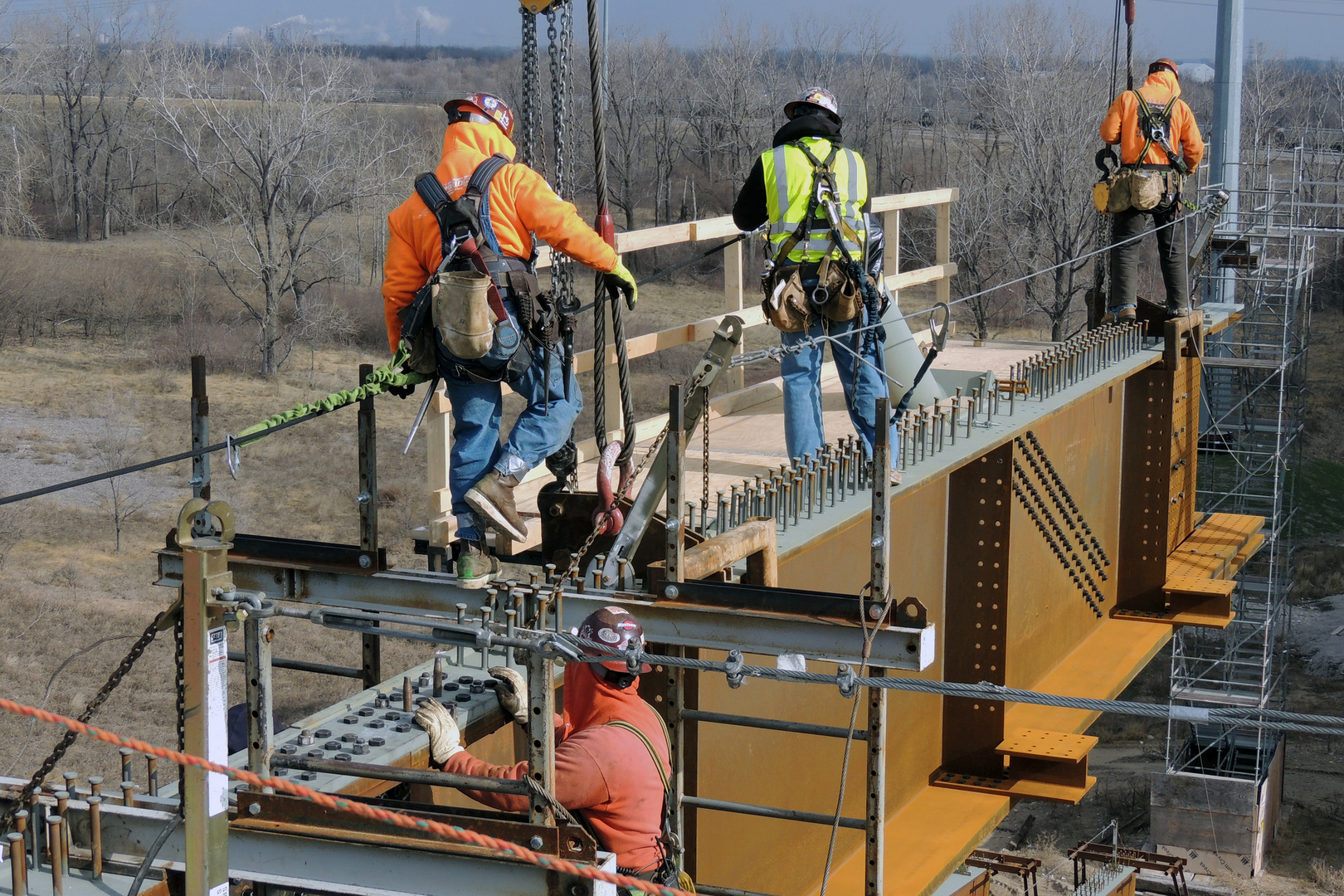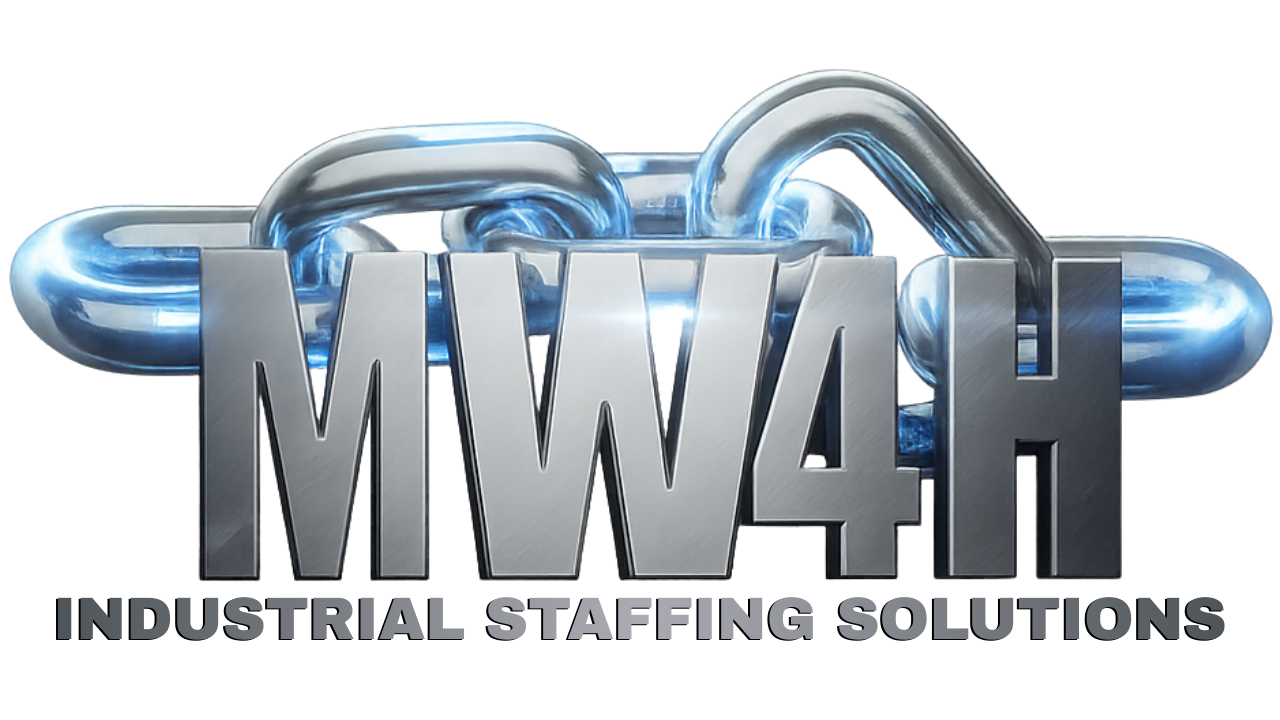



The construction industry has long been the backbone of modern infrastructure, from the towering skyscrapers that dominate city skylines to the highways that connect regions. However, in recent years, the sector has been grappling with an escalating challenge: the growing demand for skilled labor. With the surge in infrastructure projects, rapid urbanization, and the expansion of both residential and commercial developments, construction companies are finding it increasingly difficult to source enough qualified workers to meet these demands. This shortage of skilled labor has created a critical gap, making it harder for construction projects to stay on track. As a result, more companies are turning to a staffing agency for construction workers to fill the void. These agencies play a vital role by streamlining recruitment, offering specialized training, and ensuring that projects are completed on time and within budget. By partnering with a reliable agency, construction firms can more easily access a pool of skilled labor and keep pace with the growing demands of the industry.
As the global population grows, urbanization accelerates, and infrastructure projects become more complex, the need for skilled construction workers is more pressing than ever. In the United States alone, the construction industry is expected to grow by over 10% through the next decade, creating millions of new jobs. This growth is driven by several factors:
In response to the growing demand for skilled workers, employment agencies have emerged as critical players in the construction sector. These agencies play an essential role in helping companies find qualified workers to meet the increasing demand while also addressing the challenges of labor shortages and skill gaps. There are several key ways in which employment agencies are filling the gap for skilled labor in construction:
One of the main advantages of employment agencies is their ability to streamline the recruitment process. Construction companies often face time constraints and need to find skilled workers quickly to meet project deadlines. Employment agencies specialize in recruiting individuals with the specific skill sets needed for various roles within the construction industry. They often have large networks of qualified candidates who have been pre-screened and vetted for their experience and technical abilities.
Agencies are able to quickly match the right workers with the right positions, whether the need is for a short-term contract or a long-term hire. This reduces the time and effort that companies would otherwise need to spend searching for candidates and ensures that projects are staffed appropriately, avoiding delays or inefficiencies.
Another key advantage of employment agencies is their ability to tap into a wider talent pool. The construction industry’s skill shortages are not confined to a single geographic area, meaning that demand for skilled labor often exceeds local availability. Employment agencies are able to cast a wider net, sourcing workers from different regions or even countries. This is particularly beneficial for large-scale infrastructure projects or for companies operating in areas with a high demand for labor but a limited local workforce.
Some agencies also specialize in recruiting workers from diverse backgrounds, including veterans, women, and underrepresented minority groups, helping to foster inclusivity in the workforce. By expanding the talent pool, employment agencies can ensure that construction companies have access to a diverse range of qualified candidates, which can also improve innovation and problem-solving within the industry.
The construction industry is inherently project-based, meaning that demand for workers can fluctuate depending on the phase of a project or the specific needs of a company. Employment agencies help to address this challenge by providing both temporary and permanent staffing solutions.
For example, if a construction firm is dealing with a surge in workload due to a specific phase of construction, such as the foundation or framing, the agency can supply additional temporary workers who can be hired for a specific time frame. This flexibility allows construction firms to scale their workforce up or down based on the needs of each project.
On the other hand, agencies can also provide permanent placements for positions that require long-term expertise, such as project managers, engineers, and skilled tradespeople. This versatility ensures that construction companies can maintain an optimal workforce, without overstaffing or understaffing, at any given time.
To address the skill gap, many employment agencies have expanded their services to include training and certification programs for workers. As the construction industry becomes more advanced and the demand for highly specialized skills increases, agencies are taking a proactive approach to ensure that workers have the training and qualifications necessary to meet industry standards.
Many agencies partner with vocational schools, trade unions, and other educational institutions to provide certification programs in areas like heavy equipment operation, welding, electrical systems, and safety protocols. These programs often involve hands-on training and apprenticeships, allowing workers to gain real-world experience under the guidance of experienced professionals.
Training programs also ensure that workers are up-to-date with the latest construction methods, tools, and technologies. With the rise of sustainable construction, for example, workers can be trained in green building practices, renewable energy systems, and energy-efficient materials, enabling them to meet the growing demand for eco-friendly construction practices.
Safety is paramount in the construction industry, and employment agencies are integral in ensuring that workers adhere to safety standards and regulations. Construction sites are inherently dangerous, with hazards such as heavy machinery, high elevations, and exposure to potentially harmful materials. Employment agencies help mitigate the risk of accidents by providing workers with the necessary safety training before they are placed on job sites.
Agencies also ensure that workers are familiar with the specific safety regulations required in different regions or types of construction projects. In many countries, construction companies are legally required to adhere to strict safety protocols, and employment agencies ensure that workers comply with these regulations, reducing the likelihood of accidents and ensuring legal compliance.
While recruitment is an important aspect of employment agencies’ roles, they also focus on helping construction companies retain skilled workers. High turnover rates in construction can exacerbate the labor shortage by further shrinking the pool of qualified candidates. Employment agencies assist companies by offering strategies to improve employee satisfaction and retention, such as offering competitive wages, benefits packages, and career development opportunities.
Agencies may also help identify underlying issues in the work environment that contribute to high turnover, such as unsafe conditions, poor management, or lack of opportunities for advancement. By improving employee retention, agencies help construction companies build a more stable, experienced workforce that can meet long-term demands.
As the construction industry continues to grow and evolve, the demand for skilled labor is expected to remain strong. Employment agencies will continue to play a central role in addressing the labor shortage by providing qualified workers, offering training programs, and fostering a more diverse and inclusive workforce. They will also be instrumental in helping construction companies navigate the challenges posed by rapid technological advancements, changing regulatory requirements, and global competition for talent.
The construction industry’s future will likely see an increased reliance on technology, automation, and sustainable building practices. As a result, employment agencies will need to continue adapting to these changes by providing workers with the skills needed to thrive in a more technologically advanced and environmentally conscious industry.
The growing demand for skilled labor in the construction industry is a complex issue that is driven by large-scale infrastructure projects, urbanization, technological advances, and an aging workforce. Employment agencies are responding to this challenge by streamlining recruitment processes, expanding their talent pools, offering flexible staffing solutions, and providing training and safety programs to ensure that construction companies have access to the skilled workers they need. As the industry continues to grow and evolve, employment agencies will remain a key player in addressing the labor shortages and helping construction firms succeed in an increasingly competitive and dynamic environment.